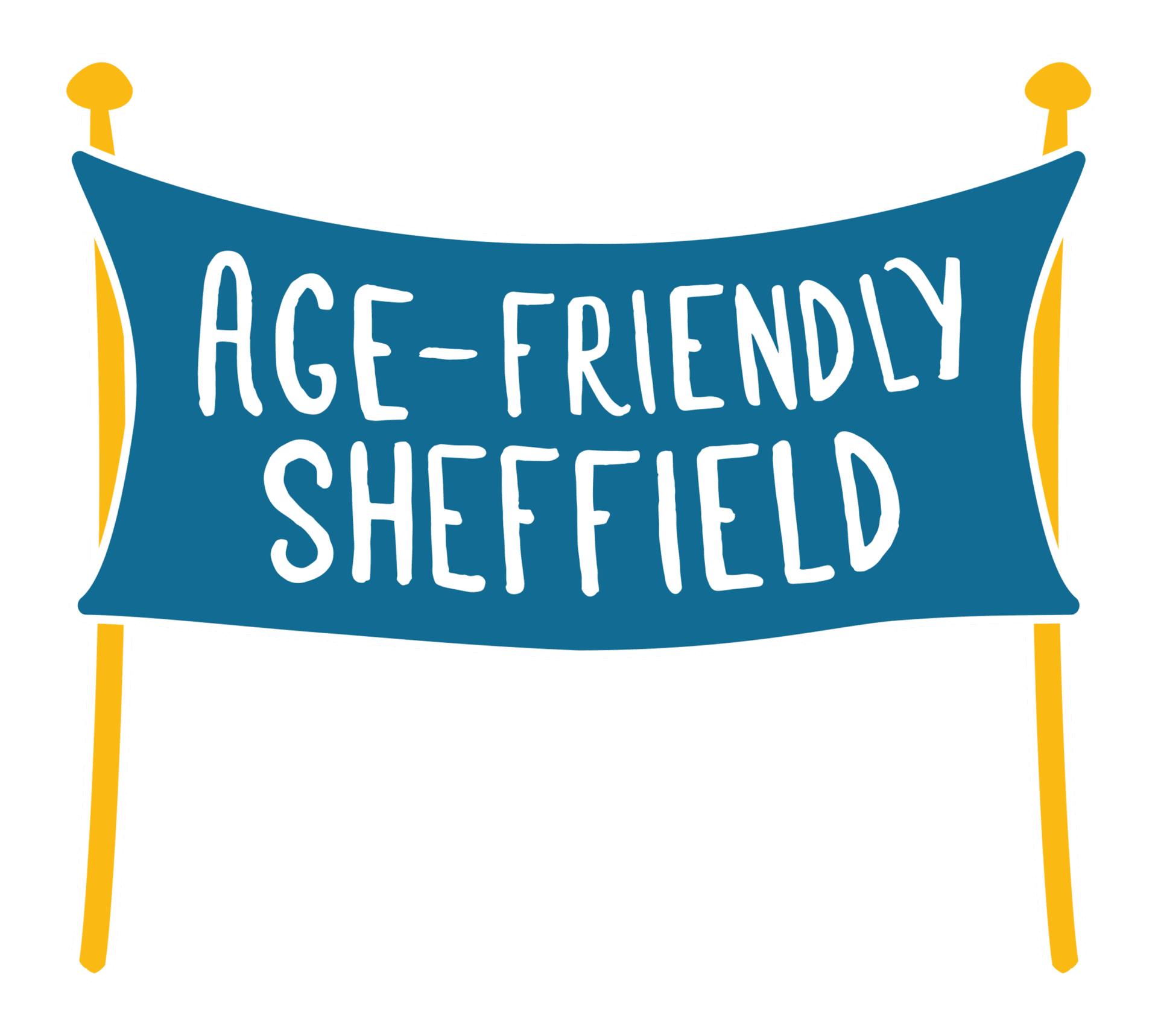Listening to ‘all the lives you would never have known about’
This blog is the first in a series of reflections from one element of our learning and evaluation programme, a longitudinal study that places the voices and experiences of the project participants at the heart of our evaluation process.
This piece will give a brief introduction to the study and then go on to reflect on the richness of the stories we are hearing and consider how we might listen to and understand these stories when English is not the participant’s first language.
As part of our evaluation of Age Better in Sheffield we are conducting a longitudinal study with participants from three projects. This longitudinal study takes a qualitative approach to understand peoples’ journeys through our projects, their experiences of the projects they are involved in and how the project intersects with other aspects of their lives. We are interested in listening to the stories that the people we work with can tell us about their lives and the ways in which the projects may shape different parts of their life. This study is being undertaken primarily by a team of peer-researchers, and their title of story-catchers reflects our desire to hear the diverse, rich and fascinating stories of the people who are involved in Age Better in Sheffield projects. We will meet study participants three times over a 6-month period, creating an opportunity to build rapport and delve into the small, but important details of our participants’ lives. As core partner Alice Mathers commented in a previous blog ‘we have the chance to reveal what might otherwise be hidden’.
Having completed our first-round interviews one of the most striking aspects is the complexity of people’s lives. Perhaps we can compare this to an archaeological excavation, gently teasing out the layers of people’s lives and the richness that lies beneath. We are hearing stories of childhood, of conflict, of migration, of being a caregiver, all of which have shaped older age and engagement in our projects. We are seeing how the wider social, cultural and political contexts of colonialism, deindustrialisation and austerity policies are shaping perceptions of wellbeing in older age. One of our story catchers reflected on the ‘joy of story catching’ and that is has ‘been a privilege to meet someone I wouldn’t have done otherwise’.
There is however a delicacy and fragility in uncovering these stories, particularly when we are speaking to people who do not have English as their first language. We must acknowledge here that as a team of researchers English is our dominant language. We have worked through an interpreter to speak with one participant. This comes with its own set of challenges, particularly building a rapport with the interpreter and helping them to understand the context of the project. We have also spoken to two other participants for whom English is not their first language. Both participants wished to be interviewed in English, and it seemed important to them to be able to make themselves understood and have a fluid conversation with us in English. Their stories are enormously valued and we very much value and appreciate their efforts to talk with us in a language that is not their first. As researchers we have reflected on our own communication skills, the importance of non-verbal cues, the need to give time and space during these conversations, and of checking back on the meaning if needed. Most importantly, we have thought about how we can be active, engaged and curious listeners whoever we are talking to.
We’d like to take this opportunity to thank everyone who has taken part in the project so far, we feel very privileged to have been able to listen to your stories and are looking forward to hearing more!
Sarah Peck, Research Associate and Gilli Cliff, Story catcher & Programme Co-ordinator, Age Better in Sheffield.


